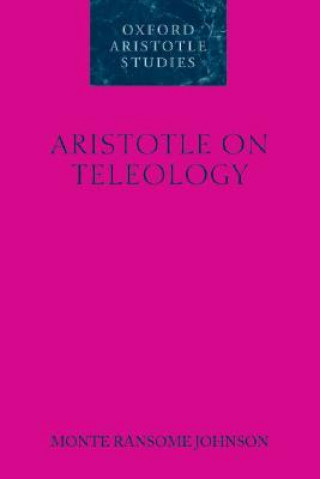
Kód: 04034609
Aristotle on Teleology
Autor Monte Ransome Johnson
Monte Johnson examines the most controversial aspects of Aristiotle's natural philosophy: his teleology. Is teleology about causation or explanation? Does it exclude or obviate mechanism, determinism, or materialism? Is it focused ... celý popis
- Jazyk:
 Angličtina
Angličtina - Vazba: Brožovaná
- Počet stran: 352
Nakladatelství: Oxford University Press, 2008
- Více informací o knize

Mohlo by se vám také líbit
-

Evaluating Art
905 Kč -

Buio Della Notte
1108 Kč -

Du Gouvernement Civil En Haiti
473 Kč
Dárkový poukaz: Radost zaručena
- Darujte poukaz v libovolné hodnotě a my se postaráme o zbytek.
- Poukaz se vztahuje na celou naši nabídku.
- Elektronický poukaz vytisknete z e-mailu a můžete ihned darovat.
- Platnost poukazu je 12 měsíců od data vystavení.
Více informací o knize Aristotle on Teleology
Nákupem získáte 212 bodů
 Anotace knihy
Anotace knihy
Monte Johnson examines the most controversial aspects of Aristiotle's natural philosophy: his teleology. Is teleology about causation or explanation? Does it exclude or obviate mechanism, determinism, or materialism? Is it focused on the good of individual organisms, or is god or man the ultimate end of all processes and entities? Is teleology restricted to living things, or does it apply to the cosmos as a whole? Does it identify objectively existent causes in the world, or is it merely a heuristic for our understanding of other causal processes? Johnson argues that Aristotle's aporetic approach drives a middle course between these traditional oppositions, and avoids the dilemma, frequently urged against teleology, between backwards causation and anthropomorphism. Although these issues have been debated with extraordinary depth by Aristotle scholars, and touched upon by many in the wider philosophical and scientific community as well, there is no comprehensive historical treatment of the issue. Aristotle is commonly considered the inventor of teleology, although the precise term originated in the eighteenth century. If teleology means the use of ends and goals in natural science, then Aristotle was rather a critical innovator of teleological explanation. Teleological notions were widespread among his predecessors, but Aristotle rejected their conception of extrinsic causes such as mind or god as the primary causes for natural things. Aristotle's radical alternative was to assert nature itself as an internal principle of change and an end, and his teleological explanations focus on the intrinsic ends of natural substances - those ends that benefit the natural thing itself. Aristotle's use of ends was subsequently conflated with incompatible 'teleological' notions, including proofs for the existence of a providential or designer god, vitalism and animism, opposition to mechanism and non-teleological causation, and anthropocentrism. Johnson addresses these misconceptions through an elaboration of Aristotle's methodological statements, as well as an examination of the explanations actually offered in the scientific works.
 Parametry knihy
Parametry knihy
Zařazení knihy Knihy v angličtině Humanities Philosophy History of Western philosophy
2118 Kč
- Plný název: Aristotle on Teleology
- Autor: Monte Ransome Johnson
- Jazyk:
 Angličtina
Angličtina - Vazba: Brožovaná
- Počet stran: 352
- EAN: 9780199238507
- ISBN: 0199238502
- ID: 04034609
- Nakladatelství: Oxford University Press
- Hmotnost: 542 g
- Rozměry: 233 × 233 × 20 mm
- Datum vydání: 24. January 2008
Oblíbené z jiného soudku
-

Meditations
231 Kč -

The Myth of Sisyphus
169 Kč -

Why I Am so Clever
91 Kč -

Meditations
285 Kč -

Republic
282 Kč -

Beyond Good and Evil
258 Kč -

Gay Science
342 Kč -

Aphorisms on Love and Hate
90 Kč -
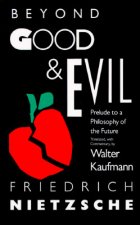
Beyond Good & Evil
296 Kč -
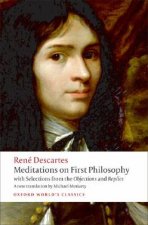
Meditations on First Philosophy
276 Kč -
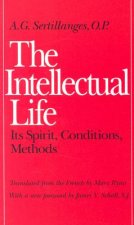
Intellectual Life
470 Kč -

Socrates' Defence
90 Kč -
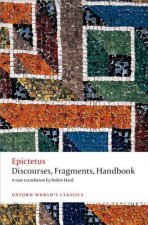
Discourses, Fragments, Handbook
323 Kč -

Ride the Tiger
518 Kč -

Thus Spoke Zarathustra
291 Kč -

Fear and Trembling
276 Kč -
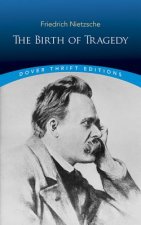
Birth of Tragedy
89 Kč -
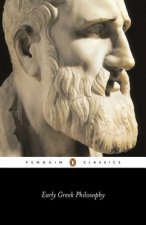
Early Greek Philosophy
356 Kč -
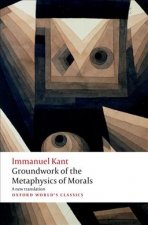
Groundwork for the Metaphysics of Morals
276 Kč -
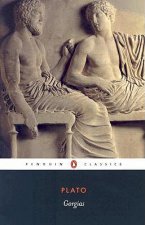
Gorgias
232 Kč -
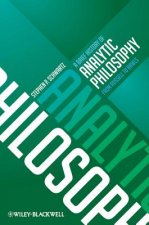
Brief History of Analytic Philosophy - From Russell to Rawls
955 Kč -
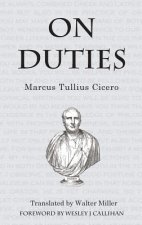
On Duties
335 Kč -

Discourses and Selected Writings
323 Kč -

Nicomachean Ethics
143 Kč -

Nausea
276 Kč -

Letters from a Stoic
276 Kč -

Meditations
502 Kč -

Simulacra and Simulation
416 Kč -

Phenomenology of Spirit
546 Kč -

Twilight of the Idols with The Antichrist and Ecce Homo
143 Kč -
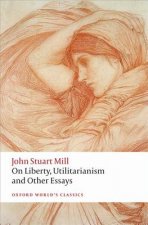
On Liberty, Utilitarianism and Other Essays
223 Kč -
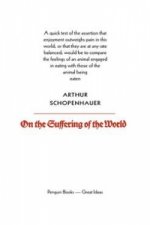
On the Suffering of the World
136 Kč -

Human Condition
514 Kč -

On the Shortness of Life
236 Kč -

Existentialism Is a Humanism
223 Kč -

Think
303 Kč -

Guide to the Good Life
457 Kč -
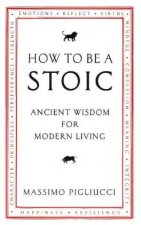
How To Be A Stoic
454 Kč -

The Symposium
235 Kč -

Human, All Too Human & Beyond Good and Evil
143 Kč -

At The Existentialist Cafe
277 Kč -
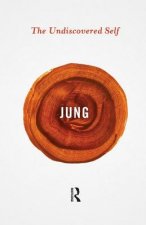
Undiscovered Self
708 Kč -
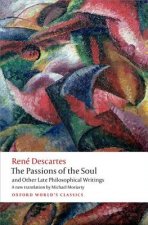
Passions of the Soul and Other Late Philosophical Writings
302 Kč -
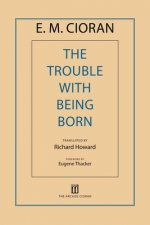
The Trouble With Being Born
317 Kč -
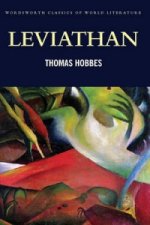
Leviathan
143 Kč -
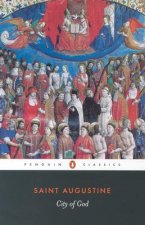
City of God
449 Kč -

Ecce Homo
249 Kč -
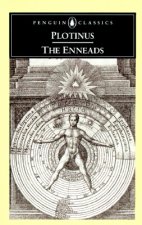
Enneads
401 Kč -
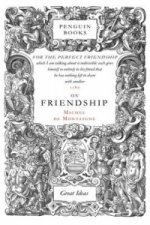
On Friendship
196 Kč
Osobní odběr Praha, Brno a 12903 dalších
Copyright ©2008-24 nejlevnejsi-knihy.cz Všechna práva vyhrazenaSoukromíCookies



 Vrácení do měsíce
Vrácení do měsíce 571 999 099 (8-15.30h)
571 999 099 (8-15.30h)